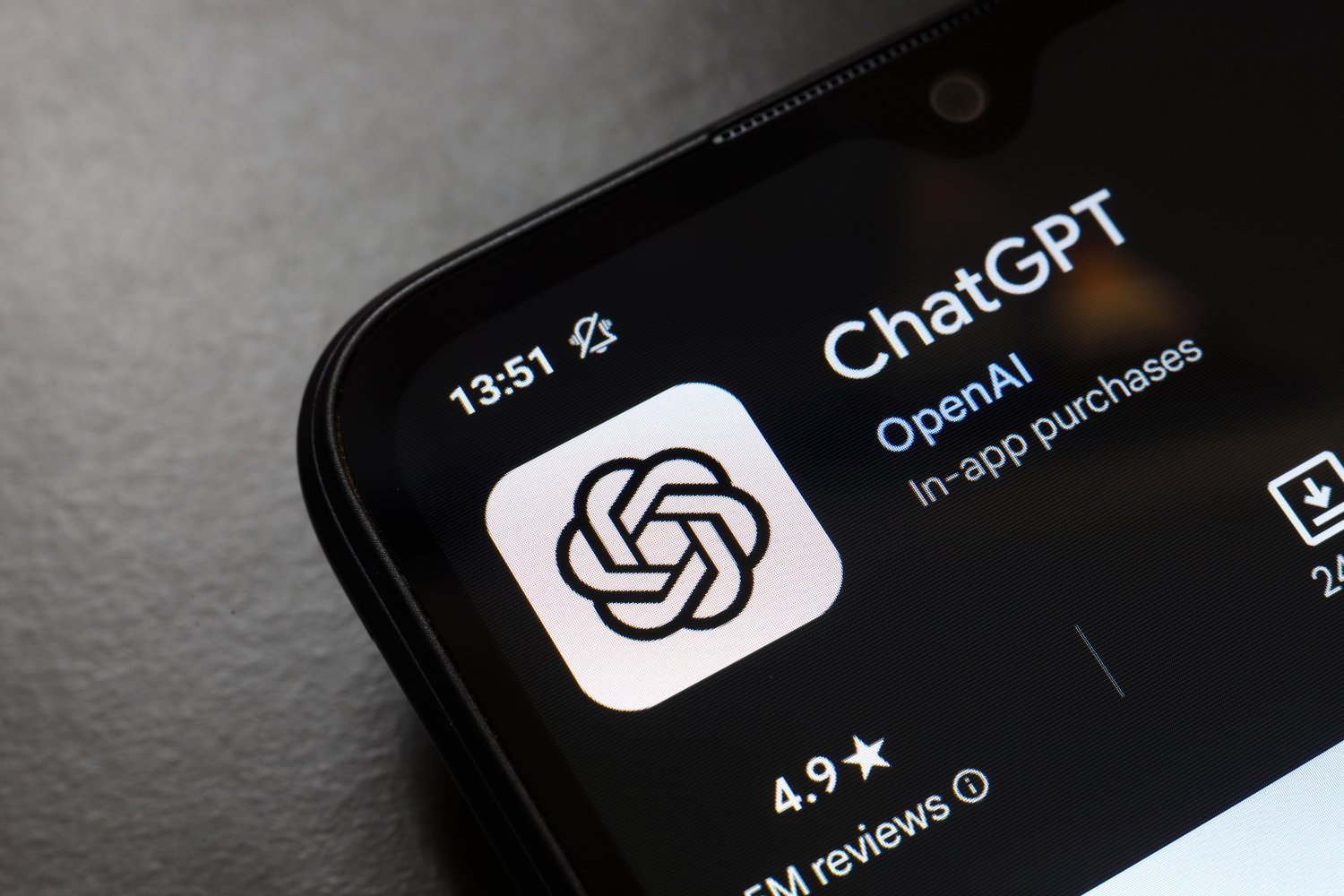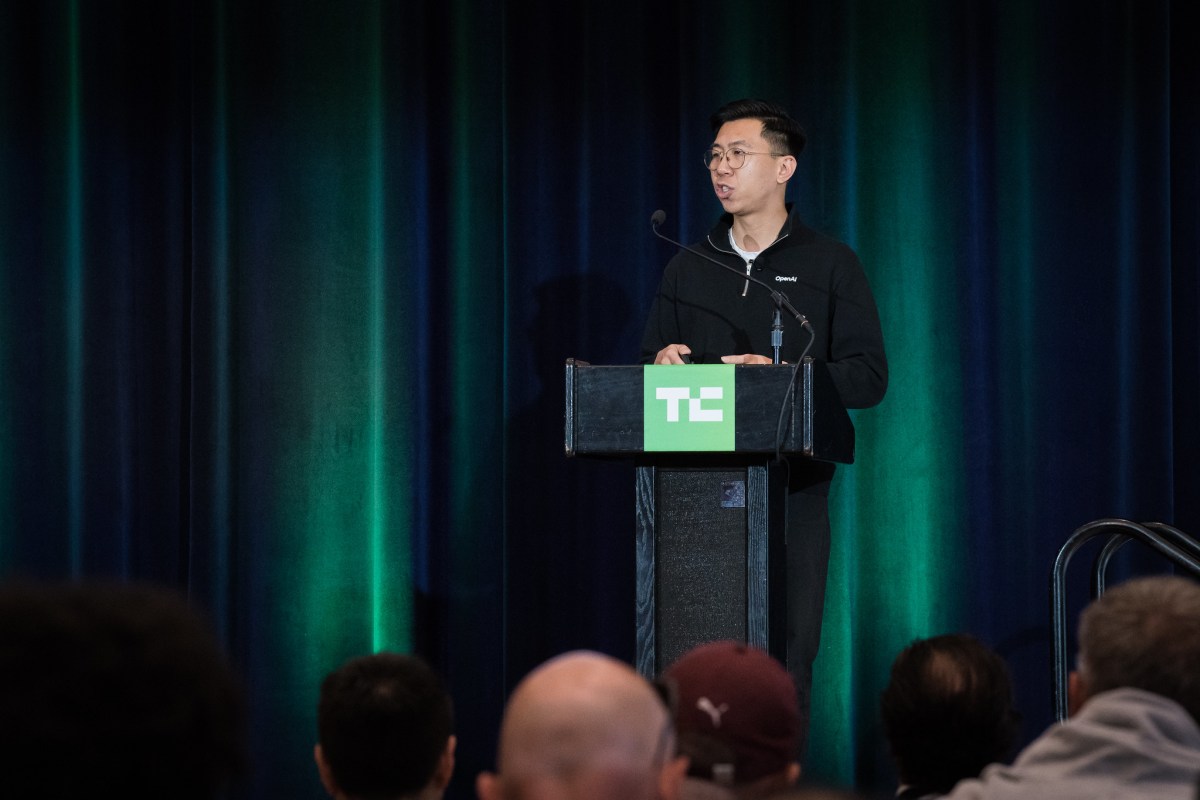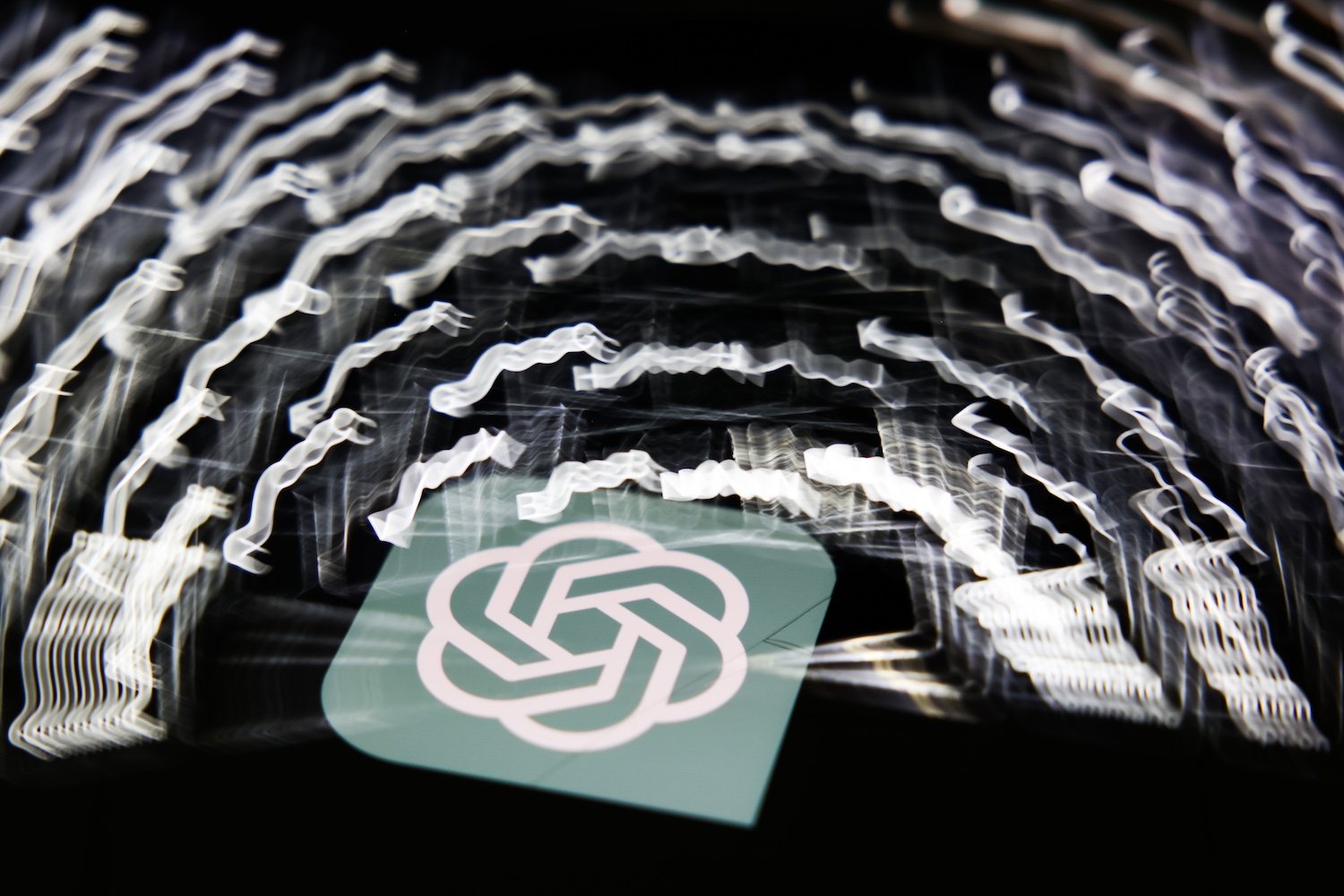

Coming to a campus near you.

A film no one asked for.

In the rapidly evolving AI landscape, startups can gain a competitive edge by collaborating closely with model providers. Join Hao Sang from OpenAI’s Startups Team demystifies OpenAI’s resources for startups, from technical guidance to advanced model access, in a discussion from TechCrunch Sessions: AI. Discover how feedback from startups helps shape OpenAI’s roadmap, ensuring that their products evolve to meet your needs.
And you can check out the rest of our Sessions: AI programming right here.
Keep reading the article on Tech Crunch

Although OpenAI has continually slammed the New York Times’ copyright lawsuit, the case isn’t as meritless as the company claims.

OpenAI’s head of marketing, Kate Rouch, has announced she’s stepping away from her role for three months while she undergoes treatment for invasive breast cancer.
In a post on LinkedIn, Rouch says that Gary Briggs, Meta’s former CMO, will serve as interim head of marketing during her leave.
“Earlier this year — just weeks into my dream job — I was diagnosed with invasive breast cancer,” wrote Rouch. “For the past five months, I’ve been undergoing chemo at UCSF while leading our marketing team. It’s been the hardest season of life — for me, my husband, and our two young kids.”
Rouch says her prognosis is “excellent” and that she’s expected to make a full recovery.
“1 in 8 American women will get invasive breast cancer,” she wrote in her post. “42,000 die every year. Rates are rising for young women. I’m sharing my story […] to get their attention and encourage them to prioritize their health over the demands of families and jobs. A routine exam saved my life. It could save yours too.”
Rouch, who previously worked with Briggs at Meta, joined OpenAI in December. She formerly was Coinbase’s CMO, and before that led brand and product marketing for platforms including Instagram, WhatsApp, Messenger and Facebook.
Keep reading the article on Tech Crunch